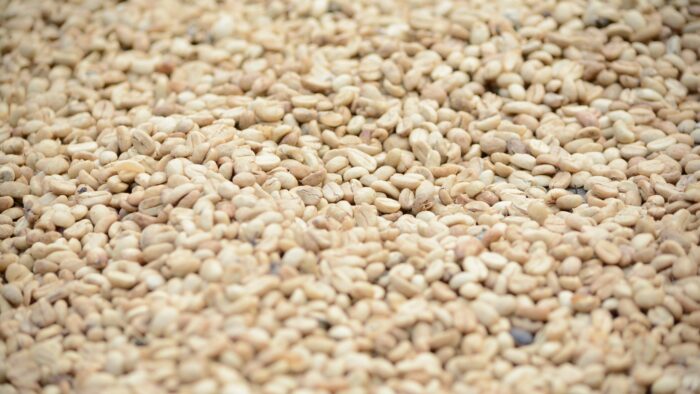Most of us do not consider the deeper connections of our local culture with sesame, but it is there. Those who grew up in the USA in the 1970s must remember Sesame Street, but did we ever wonder why it is named Sesame Street? The word sesame was chosen from the fable Arabian Nights in which Babylonian celebrity Ali Baba proclaims Open, Sesame! to magically unlock a cave of treasures sealed by a large rock. Babylonian culture was known to use sesame oil to call in the gods. Excitement and adventure beyond the greed of Ali Baba's treasures also occur in nature when the seed pod that tightly hold sesame seeds splits open spontaneously when it reaches maturely in 3-6 months.
There are also holidays named after the til plant. The auspicious day of Shatila Ekadashi was observed on Friday, January 28, 2022. On the Ekadashi Tithi (11th lunar day) of Krishna Paksha (waning moon) of the month of Magha in the Hindu calendar, devotees of Lord Vishnu observe a day-long fast and use sesame seeds in the puja ceremony for Vishnu during the day.

On this day, til (sesame) is celebrated in six (shat) different ways. In the morning a sesame oil massage is done, rubbing the entire body and hair with oil of black sesame seeds that have been cold-pressed. Sitting in the sun after the massage allows the heat to penetrate. A small amount of oil is also used in the bath bucket. After the bath, a sacred fire ceremony called a yajna is performed, in which black sesame seeds are thrown into the sacred fire as an offering to the ethers and the gods therein. Some will use the white sesame seeds, as they are considered only for devatas. Incidentally, they are also considered of lesser medicinal value for human physiology. Some prepare a pindi shraddham for one's ancestors, a ball of black sesame seeds held together by rice starch and given with mantras to reach the elders, known as pitru shraddham. On this day, food must be prepared containing til and it must be consumed in six preparations. Sesame sweets are donated to the poor. If one completes this Shad-tila offering with pure thoughts; it is said that one is blessed.
Shatila Ekadashi sits among several winter holidays and is usually only observed by devout Hindus. But there are several holidays during this time to mark the importance of the sun and the sesame in giving the body health.
The day of uttarayana is also known around the country for different festivals according to their farming seasons. It is a harvest festival giving thanks and marking the start of spring and another cycle of growth.
The Makara Sankranti festival reminds all to replenish their oils. Sesame laddus are homemade and fed to everyone, the family participates in kite flying and kite flying competitions. Makara is the vahana (vehicle) of Varuna, the god of wind and sea and the god of the great Ganges river. Kites take to the wind and remind us of Varuna. The International Kite Festival in Ahmedabad, Gujarat encourages everyone to come outside and play.
In addition to Makara Sankranti, the harvest festival in Tamilnadu, Karnataka and Andhra Pradesh are celebrated over 3-4 days as Pongal and Sankranti. Pongal means to boil over, and milk or rice is cooked until it boils over, as the symbol of an overflowing harvest. The sweet dish made with this milk is offered first to the divine, then eaten to cleanse the past and replenish for the future. On the third day of the festival, the village cows are decorated and worshipped in Mattu Pongal. Parikrama or circumambulation of a cow has been shown to increase bioelectric rhythms in humans and can repair the body's subtle energies.
In the northern cold winter of Punjab, this day of uttarayana is known as Lohri. Bonfires are lit to symbolize the soon departure of the cold weather. Sugarcane, rice and sweet items are thrown into the bonfire as time is spent with friends and relatives in preparation of a new season.
In Uttar Pradesh, the period is known as Kicheri, and celebrates the coming of light. Bathing in the Ganges is a must, or in the Sangam of Prayagraj where the underground Saraswati, Yamuna and Ganga flow together. Masses of people can be seen submerging themselves in super cold river water. Then they go home to prepare khichari, sweets of curd, jaggery and chudwa (poha, flattened rice). Donations of sweets and clothes to the needy are a must.





